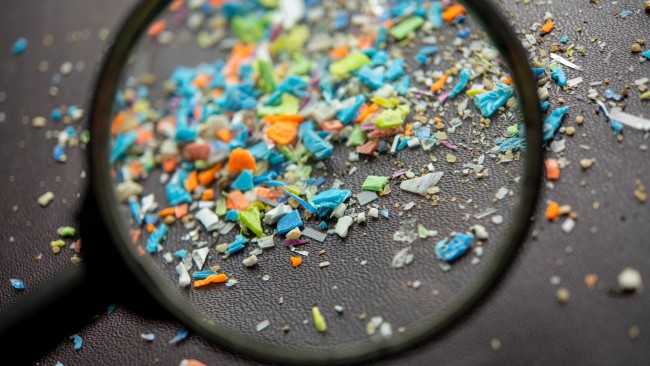Letter
Microplastics
Background
Microplastics, particles smaller than 5mm, have raised environmental concerns as they accumulate in waterways and the food chain after breaking down from plastic products. The Microbead-Free Waters Act, unanimously adopted by Congress in 2015, required the phase-out of tiny plastic microbeads commonly used in personal care items. Building on this breakthrough federal standard, additional microplastic legislation passed in 2022 directs the EPA to curb the daily allowance in products like pharmaceuticals which often utilize plastic coatings for capsules. The recent guidelines restrict medically unnecessary microplastics in drugs and require any replacement additives meet strict safety standards per existing FDA rules safeguarding formulations. By adopting long-term restrictions grounded in research, Congress aims to reduce microplastic waste from manufacturing without limiting essential applications or hindering industry progress. Scientists and manufacturers now cooperate under federal oversight to approve safer capsule materials supporting both pollution reduction goals and continued patient access to vital coated medicines.
The Issue
State and local legislation specific to pharmaceutical microplastics risks duplicating federal efforts without improving environmental or health outcomes. The recent bipartisan Congressional action directing evidenced-based EPA guidelines and FDA industry cooperation builds on existing federal measures ensuring both patient access and sustainability.
CHPA’s Position
With bipartisan national legislation on microbeads and pharmaceutical microplastics in place since 2015, individual states need not create competing mandates that risk hampering access while solving little.
Rather than create a patchwork of statutes across jurisdictions, lawmakers should allow the comprehensive standards established by national microplastics and microbead legislation to facilitate steady industry progress on materials and waste reduction guided by science.



